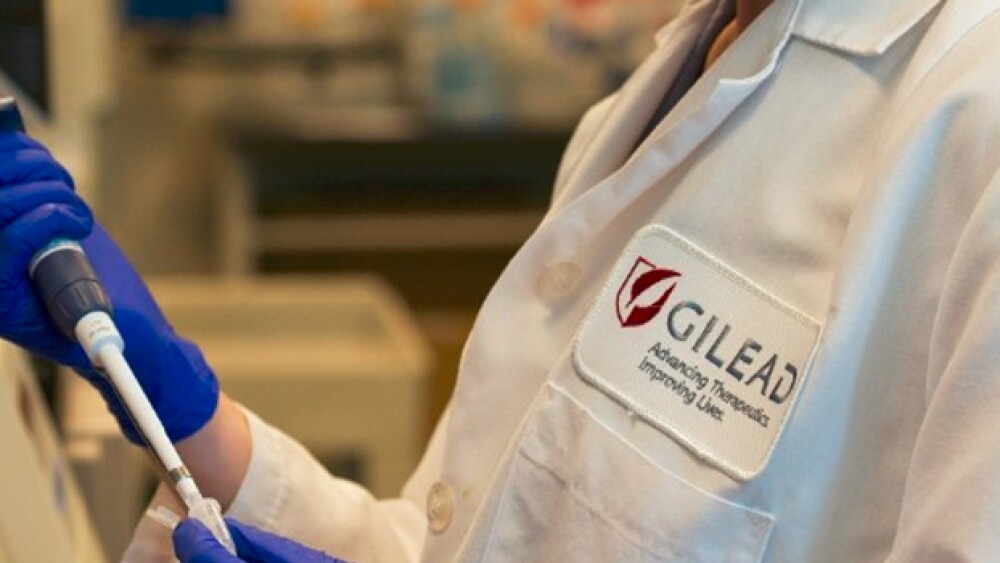In anticipation of marketing approval in Europe, Gilead Sciences has leased a 117,000 square-foot facility in The Netherlands to manufacture and deliver Yescarta, its CAR-T product, to patients across Europe.
In anticipation of marketing approval in Europe, Gilead Sciences has leased a 117,000 square-foot facility in The Netherlands to manufacture and deliver Yescarta, its CAR-T product, to patients across Europe.
The new facility, located in Hoofddorp near the Amsterdam Airport, will engineer and produce Yescarta, which is currently under review by the European Medicines Agency. Yescarta was approved in the United States last year, the second CAR-T therapy given the green light by the U.S. Food and Drug Administration. When the site is fully operational by 2020, Gilead, the parent company of Kite Pharmaceuticals, said the facility will employ approximately 300 people. In Europe Gilead is seeking approval of Yescarta as a treatment for patients with relapsed/refractory diffuse large B-cell lymphoma (DLBCL), transformed follicular lymphoma (TFL), and primary mediastinal B-cell lymphoma (PMBCL) who are ineligible for autologous stem cell transplant.
John F. Milligan, Gilead’s president and chief executive officer, said the company was pleased to be “leading a new frontier of cancer innovation.”
This new European manufacturing facility will enable personalized cell therapies to be manufactured in closer geographic proximity to the patients who will receive them, potentially shortening the turnaround time for people who urgently need care,” Milligan said in a statement.
If Yescarta is approved in Europe it will be essential to have a CAR-T manufacturing facility on the continent in order to develop the personalized medicines within a short period of time and return them to the patients for treatment. Being close to the airport will be critical for the logistics needed to ensure safe manufacturing and delivery of the treatment.
Gilead acquired Kite in August 2017 ahead of the FDA’s October approval of Yescarta, a treatment for adult patients with relapsed or refractory large B-cell lymphoma. In the U.S. Gilead manufactures Yescarta n El Segundo, Calif., about 10 miles from the Los Angeles International Airport.
In addition to the Netherlands site, Gilead and Kite said it has also done acquired more space in the United States to expand its clinical manufacturing capabilities. Gilead purchased a new building space in Santa Monica, Calif. that was previously owned by Astellas Pharma Inc. Gilead said it will be used for cell therapy research, development and the expansion of clinical manufacturing capabilities. The company also leased a 26,000 square-foot facility in Gaithersburg, Md. to support the work of a new Cooperative Research and Development Agreement (CRADA) with the National Cancer Institute (NCI) to develop adoptive cell therapies targeting patient-specific tumor neoantigens. Neoantigens are mutations found on the surface of cancer cells that are unique to each person and tumor, offering the potential for more targeted antitumor activity. The company did not provide information at this time as to how many people could be employed at the two new U.S. sites.
Alessandro Riva, Gilead’s head of Oncology Therapeutics and head of cell therapy, said the three new facilities and the expanded CRADA with our research collaborators at the NCI will “help us bring cell therapies to more people with cancer around the world.”





